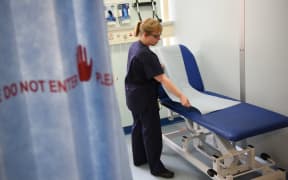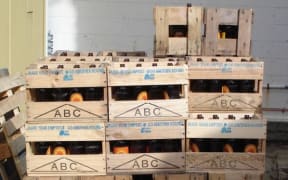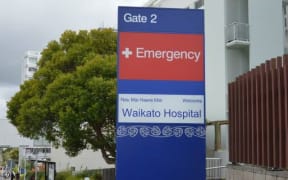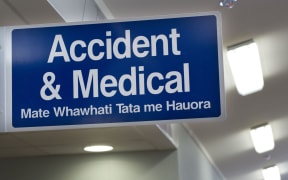District health boards around the country are considering following Wellington's lead in breathalysing people at their emergency departments.
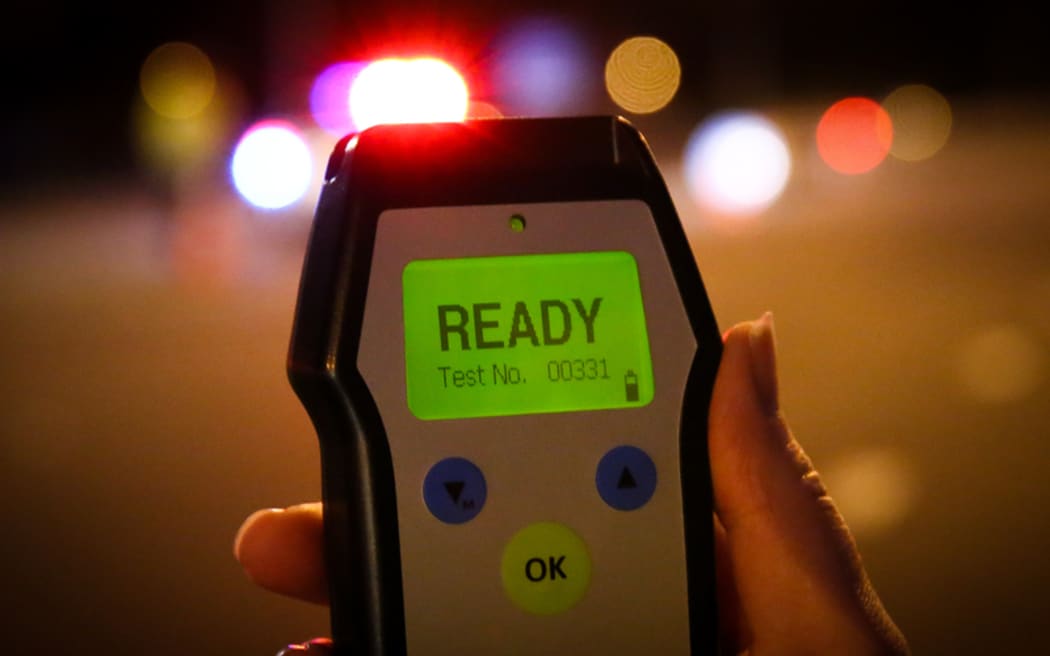
A file photo of a police breathalyser: Breath-testing was widely used on New Year's Eve at Wellington Hospital's emergency department. Photo: RNZ / Alexander Robertson
On New Year's Eve, the Wellington DHB breathalysed everybody who accompanied people presenting themselves for emergency treatment at Wellington Hospital.
In order to stop drunk people from entering the clinical area, those who appeared intoxicated were breath-tested using a similiar approach to that used by police.
Anyone who blew over 400 micrograms of alcohol was denied access.
Wellington Hospital's emergency department specialist, Paul Quigley, later said the idea was so successful they were likely to repeat it in the future.
Waikato DHB clinical director John Bonni said it would consider following Wellington's lead.
"Hangers-on [and] support people can also be quite difficult to deal with and involve security needing to be there when people are behaving obnoxiously and making it difficult to do our job.
"I support all initiatives to try and reduce the impact of alcohol on emergency departments."
The director of the Canterbury DHB agreed, saying it was an outside-the-box solution to a problem that affected hospitals around the country.
"We were concerned at a recent snapshot when we looked at the number of alcohol-affected people in the emergency department at 2am. It was an average of one in four in New Zealand - one in eight in Australia. We'd be interested in looking at all sorts of initiatives."
But not every ED was singing from the same songsheet.
John Chambers, an emergency medicine specialist in Dunedin Hospital, said they were not planning on adopting a similar policy any time soon.
"People consuming alcohol is not an illegal act. If they're over the legal limit for driving and they're not driving then that's their concern. So I think we've got no plans to do a similar measure here in Dunedin."
And the clinical director of Auckland's emergency department, Anil Nair, said breathalysers were expensive - and they already had methods in place.
"We tend to use the clinical signs, and they're quite handy and they're quite cheap, and a reasonably accurate indicator of the levels of alcohol consumption.
"If they look significantly intoxicated then we tend to ask them to leave or ask security. We have a very low threshold."
The initiative was likely to be restricted to big events, like New Year's Eve and All Blacks matches.
The most likely occasion in the near future would be the Wellington Sevens, which take place at the end of January.

